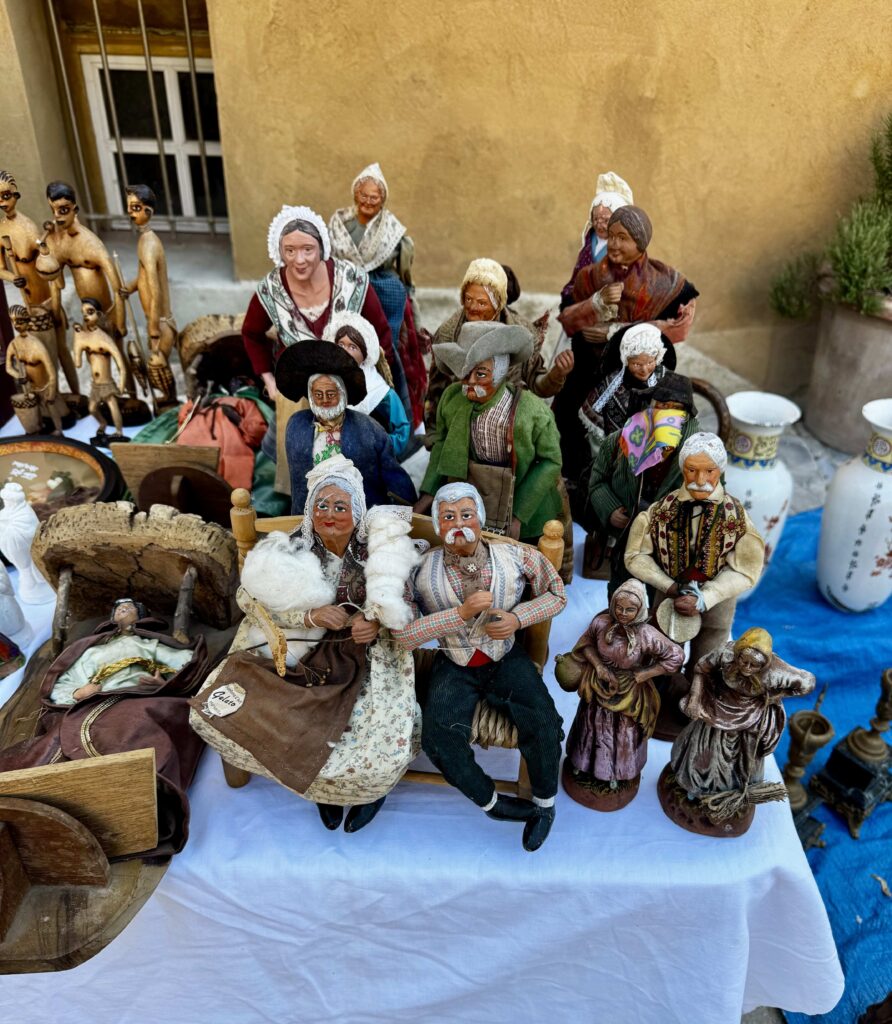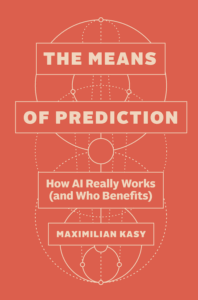Here comes everybody!

On a stall in a Provencal market.
Quote of the Day
”The cure for boredom is curiosity. There is no cure for curiosity.”
- Dorothy Parker*
Musical alternative to the morning’s radio news
The Waterboys | A Song for the Life
Long Read of the Day
The Quiet Triumph of King Charles III
Lovely New York Times OpEd (Gift article) by Tina Brown on the day the Trump circus reached the House of Windsor.
Windsor is also in many ways a more apt venue to host the bellicose second-term Mr. Trump. It’s a fortress as well as a royal home, originally erected by William the Conqueror to repel invaders in the 11th century. The president will proceed past dour displays of medieval pikes, eye-gouging lances and the thrusting spears of lethal halberds.
Mr. Trump, who just rebranded the Defense Department as the Department of War, might get a kick out of the shining spectacle of King Henry VIII’s massive suit of armor, which lacks only the obese Tudor king’s monumental metal codpiece. (It’s a pity Mr. Trump can’t try the armor on; he and the despotic Henry have in common a deep affinity for gold, profound germophobia and a fondness for the plunderous disruption of sacred institutions.)
Do read it. Brown has always been a sharp observer of the British Royals, and has published two interesting books about them — The Palace Papers and The Diana Chronicles.
Books, etc.

I’m reading a proof copy of a remarkable forthcoming book about AI by a young Oxford economist, Maximilian Kasy. What’s refreshing about it is that instead of getting entangled in the weeds of AI technology it goes to the root of two existential problems that AI poses for democratic societies: (1) who reaps the benefits of its deployment? And (2) who decides how it should be deployed?
Kasy’s title is a neat play on a venerable left-wing principle. Karl Marx (and radical socialist movements across the globe — including for many decades the British Labour Party) were (rightly) obsessed with the question of who owns the means of production — the mines, mills, factories, shipbuilding yards, etc. that constituted the physical infrastructure of an industrialised society. But AIs don’t produce anything tangible; they’re basically machines for making predictions and their potential power stems largely from that capacity. So a good contemporary Marxist question is: who will own (and control) these means of prediction?
The book comes out next month.
This Blog is also available as an email three days a week. If you think that might suit you better, why not subscribe? One email on Mondays, Wednesdays and Fridays delivered to your inbox at 5am UK time. It’s free, and you can always unsubscribe if you conclude your inbox is full enough already!
